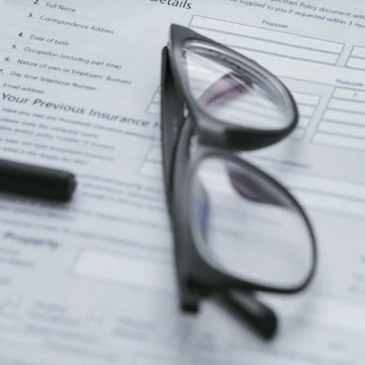Is Refinancing a Mortgage Always the Right Idea?
After several years of historically low interest rates, 2022 saw the rates change direction. As you might expect, this sudden shift has more homeowners than ever wondering if now is the best time to refinance, or if the smarter move is to wait to see if the coming months bring a return to rates lower than six percent.
If you are thinking about refinancing, there are certain things you need to consider to help ensure that your refinance delivers the results you’re looking to achieve. Two of the most common things you need to think about are where your interest rate currently stands and how long you are planning on staying in the home after you refinance.
But perhaps even more importantly is the reason why you are refinancing. This is something that is often overlooked, but the truth is – not every reason is an ideal reason for refinancing a mortgage. Here are three of the most common “bad reasons” for refinancing.
Debt Consolidation
In general, if you can consolidate your debt to the point where you’re paying less money out every month, that’s a good thing. But with debt consolidation, not all avenues offer the same benefits and using a mortgage refinance to do it can leave you open to dangerous risks.
Refinancing for debt consolidation purposes isn’t a good idea because you are essentially transferring your unsecured debt into a loan that uses your house as collateral. Failing to make your credit card payments will hurt your credit score but failing to make your mortgage payment will result in you losing your home to foreclosure.
Secondly, consolidating your debt with a new mortgage often leaves the homeowner tempted to use their credit cards again because their available balances have been restored. If extreme care isn’t taken, you could wind up with credit card debt all over again.
To Save Money for Your Next Home
One common reason why homeowners refinance is because they want to save money on their monthly mortgage payments, so they can start saving for a new home. Whether or not this is a good idea all depends on when you are planning on buying your next home versus when your break-even point will be with your refinance’s closing costs.
If you are refinancing, you need to know how long it will take you to break even because if your break-even point is four years and you want to move in two, then your refinance will wind up costing you money instead of saving you money.
To Move Into a Longer-Term Mortgage
Moving into a longer-term mortgage with a lower interest rate will save you money every month, but whether or not this is a good idea depends on how much time you have left on your original loan. For instance, if you have ten years left on your original loan, refinancing it into a 30-year mortgage will result in you paying more for your home simply because you’ll be paying interest longer.
You’ll also be paying for your home for 20 years longer than had you simply continued paying your current mortgage payments.
The Final Word
Like every major decision, there are advantages and disadvantages to refinancing. There really is no rule as to when refinancing is good or bad because ultimately, the decision should be based on your unique situation.
There are plenty of great reasons to refinance, like saving money every month to shortening your loan term to taking out cash, but whether your refinance is a good idea, or a bad idea depends on what’s right for you.
Before you take the leap and refinance, speak to a professional loan officer, and discuss with them your reasons for refinancing and the results you expect your new loan to deliver. Their advice can be just the thing you need to make a more informed decision.



